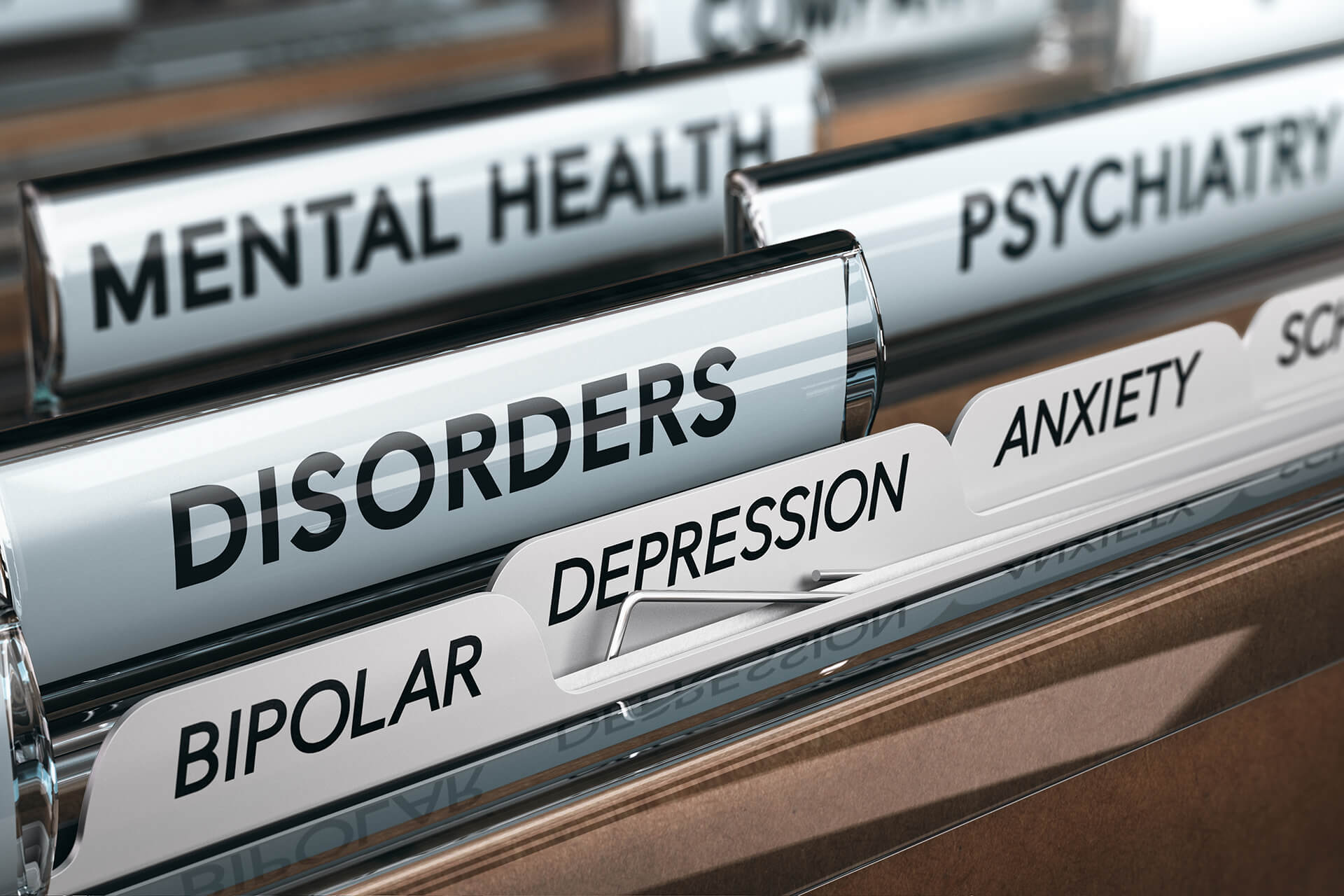
Mood Disorders Treatment
Mood disorders encompass a wide range of conditions, including depression, bipolar disorder, and various anxiety disorders. These disorders can have a profound impact on a person’s emotional well-being and overall quality of life. While medication can be a crucial component of treatment for mood disorders, behavioral counseling plays a significant role in helping individuals manage their symptoms, improve their coping skills, and achieve long-term recovery.
Understanding The Importance
Whether you are personally dealing with a mood disorder or seeking information for a loved one, understanding the importance of behavioral counseling in the treatment process is essential.
Understanding Mood Disorders
Mood disorders are mental health conditions characterized by persistent disturbances in a person’s emotional state, leading to significant impairment in daily functioning. Some common mood disorders include:
Depression
Depression is marked by persistent feelings of sadness, hopelessness, and a lack of interest or pleasure in activities. It can lead to physical symptoms such as changes in appetite and sleep patterns.
Bipolar Disorder
Bipolar disorder involves periods of intense mood swings, with individuals experiencing manic episodes (elevated mood, increased energy) and depressive episodes (low mood, loss of interest).
Generalized Anxiety Disorder (GAD)
GAD is an anxiety disorder characterized by excessive worry and tension about everyday events and situations. This can lead to physical symptoms such as muscle tension and restlessness.
Panic Disorder
Panic disorder is characterized by sudden and intense panic attacks, which may include symptoms like shortness of breath, racing heart, and a sense of impending doom.

Behavioral Counseling for Mood Disorders
Behavioral counseling, also known as psychotherapy or talk therapy, is a therapeutic approach that focuses on modifying unhealthy behaviors, thoughts, and emotions. It is a crucial component of the overall treatment plan for mood disorders. Here’s how behavioral counseling can help individuals with mood disorders:
Cognitive-Behavioral Therapy (CBT)
CBT is one of the most widely used forms of behavioral counseling for mood disorders. It helps individuals identify and change negative thought patterns and behaviors that contribute to their mood disorder symptoms. By promoting healthier thinking and coping strategies, CBT can alleviate symptoms of depression, anxiety, and even bipolar disorder.
Dialectical Behavior Therapy (DBT)
DBT is a specialized form of cognitive-behavioral therapy that focuses on emotion regulation, interpersonal effectiveness, distress tolerance, and mindfulness. It is particularly effective in treating individuals with borderline personality disorder, which often co-occurs with mood disorders.
Interpersonal Therapy (IPT)
IPT is a time-limited therapy that concentrates on improving interpersonal relationships and communication skills. It is beneficial for individuals with depression and can help alleviate symptoms by addressing relationship conflicts and enhancing social support.
Behavioral Activation
Behavioral activation is a therapeutic technique that aims to increase engagement in pleasurable and meaningful activities. It can be particularly effective in treating depression, as it helps individuals regain a sense of purpose and pleasure in their lives.
Mindfulness-Based Approaches
Mindfulness techniques, such as mindfulness-based stress reduction (MBSR) and mindfulness-based cognitive therapy (MBCT), can be useful in managing mood disorders. These practices encourage individuals to be present in the moment, reduce rumination, and improve emotional regulation.

The Role of Behavioral Counseling in Mood Disorders Treatment
Now, let’s delve deeper into how behavioral counseling plays a critical role in the treatment of mood disorders:
Symptom Management
Behavioral counseling helps individuals develop effective strategies for managing their mood disorder symptoms. Through therapy, individuals can learn techniques to identify triggers, regulate their emotions, and cope with distressing thoughts and feelings.
Medication Support
Behavioral counseling often complements medication therapy for mood disorders. It can help individuals understand the role of medication, manage side effects, and ensure adherence to prescribed treatments.
Holistic Approach
Mood disorders are complex and can be influenced by various factors, including genetics, environment, and personal experiences. Behavioral counseling takes a holistic approach by addressing the psychological, emotional, and social aspects of a person’s life that contribute to their condition.
Relapse Prevention
One of the primary goals of behavioral counseling is to equip individuals with the skills and tools needed to prevent relapse. By developing healthy coping strategies and improving resilience, individuals are better prepared to maintain their mental well-being over the long term.
Enhanced Quality of Life
Mood disorders can take a toll on an individual’s overall quality of life. Behavioral counseling aims to improve daily functioning, relationships, and overall life satisfaction by addressing the emotional challenges associated with these disorders.
Self-Empowerment
Behavioral counseling empowers individuals with mood disorders to take an active role in their recovery. It encourages self-awareness and self-management, allowing individuals to regain a sense of control over their lives.
The Therapy Process: What to Expect
If you or a loved one is considering behavioral counseling for a mood disorder, it’s essential to understand what to expect from the therapy process:
Benefits of Behavioral Counseling for Mood Disorders
Behavioral counseling offers numerous benefits to individuals struggling with mood disorders:
Conclusion
Mood disorders can be debilitating, but effective treatment is available. Behavioral counseling plays a vital role in helping individuals manage their symptoms, regain control over their lives, and achieve long-term recovery. By addressing the underlying emotional and psychological aspects of mood disorders, therapy provides individuals with the tools they need to thrive.
If you or a loved one is dealing with a mood disorder, don’t hesitate to seek help. Behavioral counseling, in combination with other appropriate treatments, can make a significant difference in your journey towards mental well-being. Remember that recovery is possible, and you don’t have to face mood disorders alone. Reach out to Marcy Thompson at Clear Mind Behavioral to start your path to healing and recovery today.

